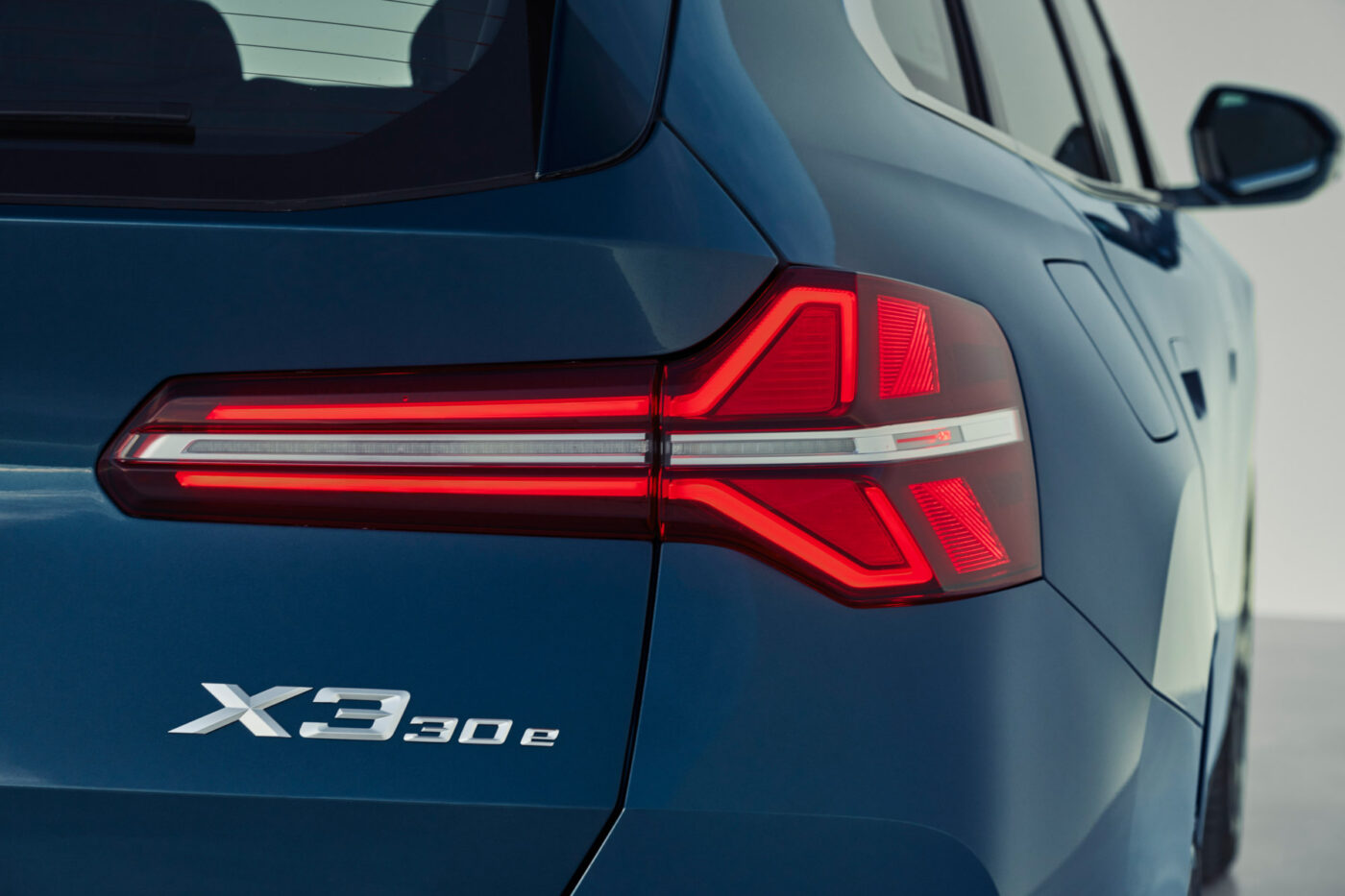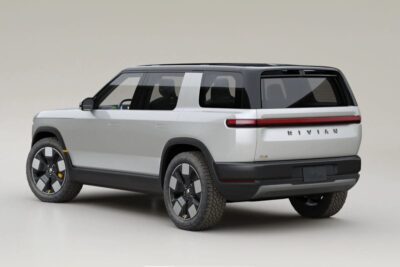EU considers new plug-in hybrid regulation after 2035
For the first time, EU representatives have not ruled out the sale of plug-in hybrids after 2035, writes the German publication Der Spiegel, citing negotiating circles. The Commission indirectly confirms this in a recently published EU strategy paper. It wants to “examine possible flexibilities to ensure that our industry remains competitive without lowering the overall ambition of the 2025 targets.” In addition, “achieving the climate neutrality target for cars by 2035 will require a technology-neutral approach, in which e-fuels will play a role through a targeted amendment to the regulation as part of the planned review.”
At the EU strategy dialogue on the future of the European car industry, Commission President Ursula von der Leyen announced after a meeting with representatives of car manufacturers and suppliers that she would act swiftly – Transport Commissioner Apostolos Tzitzikostas was tasked with drawing up an action plan for the sector and presenting it on 5 March.
Mercedes lobbies in favour of PHEVs and range extenders
Behind the scenes, of course, negotiations are continuing to influence this action plan. For its article, Der Spiegel spoke to Eckart von Klaeden, chief lobbyist at Mercedes-Benz, among others, who is in favour of the path being determined “by the market” in future, “not by penalties.” Mercedes is committed to decarbonisation and does not want to “go back to the past.” “Regulation must be permanently open to technology in such a way that it continues to enable the authorisation of climate-friendly products such as plug-in hybrids and range extenders,” the Mercedes lobbyist is quoted as saying.
This may already have been achieved at an informal level. Der Spiegel makes this clear with a sentence from the strategy paper in question: “As part of the dialogue, we will find immediate solutions to ensure the industry’s ability to invest by examining possible flexibilities.” So far, only a review of possible flexibilities has been promised – but given the strict procedures of EU policy, it is clear what potential this sentence offers. After all, anything is possible during a review – from no change to the decision to slight adjustments to the abandonment of some targets. After all, it would be nothing less than a new authorisation of plug-in hybrids and range extenders after 2035.
One of the key points of Ursula von der Leyen’s ‘Green Deal’ was that, from this year onwards, only new cars that do not emit any CO2 locally may be registered so that the transport sector can play its part in making the EU climate-neutral by 2050. And the industry had a clear date with which it could plan for its products and plants.
It was foreseeable that there would be resistance to this, not only from some politicians but also from industry. The tightening of CO2 fleet limits from 2025 alone, which has been in place for years, has faced strong headwinds and is often seen as a hindrance. The money that would have to be paid as penalties to the EU would then be lacking for important investments in the future, so the argument goes. Plant closures, job cuts and loss of prosperity would be the result.
Possible scenarios being discussed in Brussels range from deferring the CO2 penalties to offsetting them against a future undercutting of the limit values or even softening the planned combustion engine ban with the new registration of plug-in hybrids after 2035. It is clear that it will only be possible to achieve even stricter CO2 limit values in the long term if affordable electric cars are also offered.
This is precisely what Der Spiegel criticises in its conclusion: “This deal would be bad news for consumers, especially if they are considering buying an electric car. If the pressure of the penalties is removed, manufacturers can continue to charge high prices. This is precisely the main reason for the sluggish sales.” And that the pressure is having an effect can be seen in the VW ID.3 – which, as reported, is currently being offered significantly cheaper than a Golf as part of a leasing promotion.
europa.eu (strategy paper), spiegel.de (in German)





1 Comment